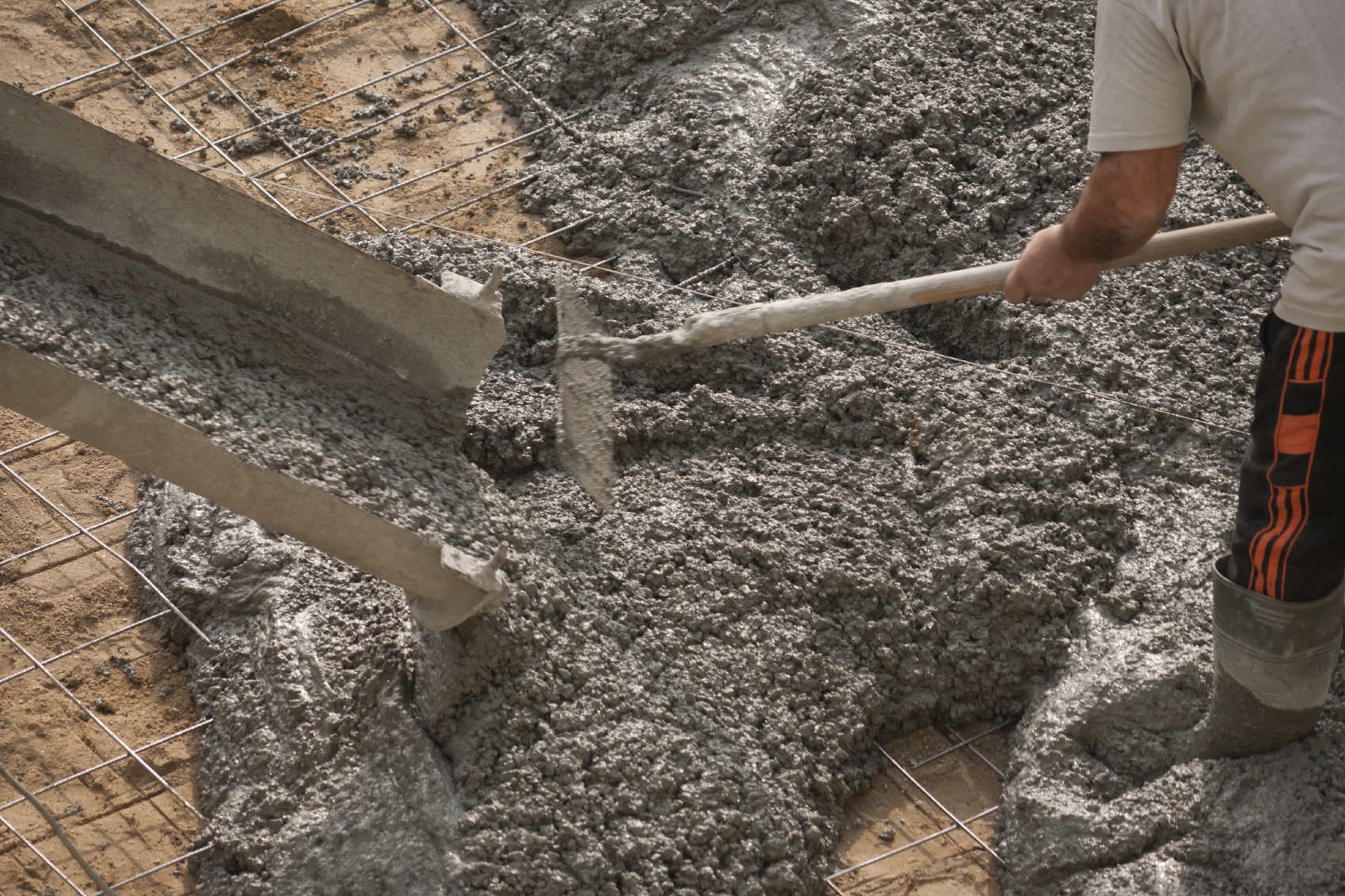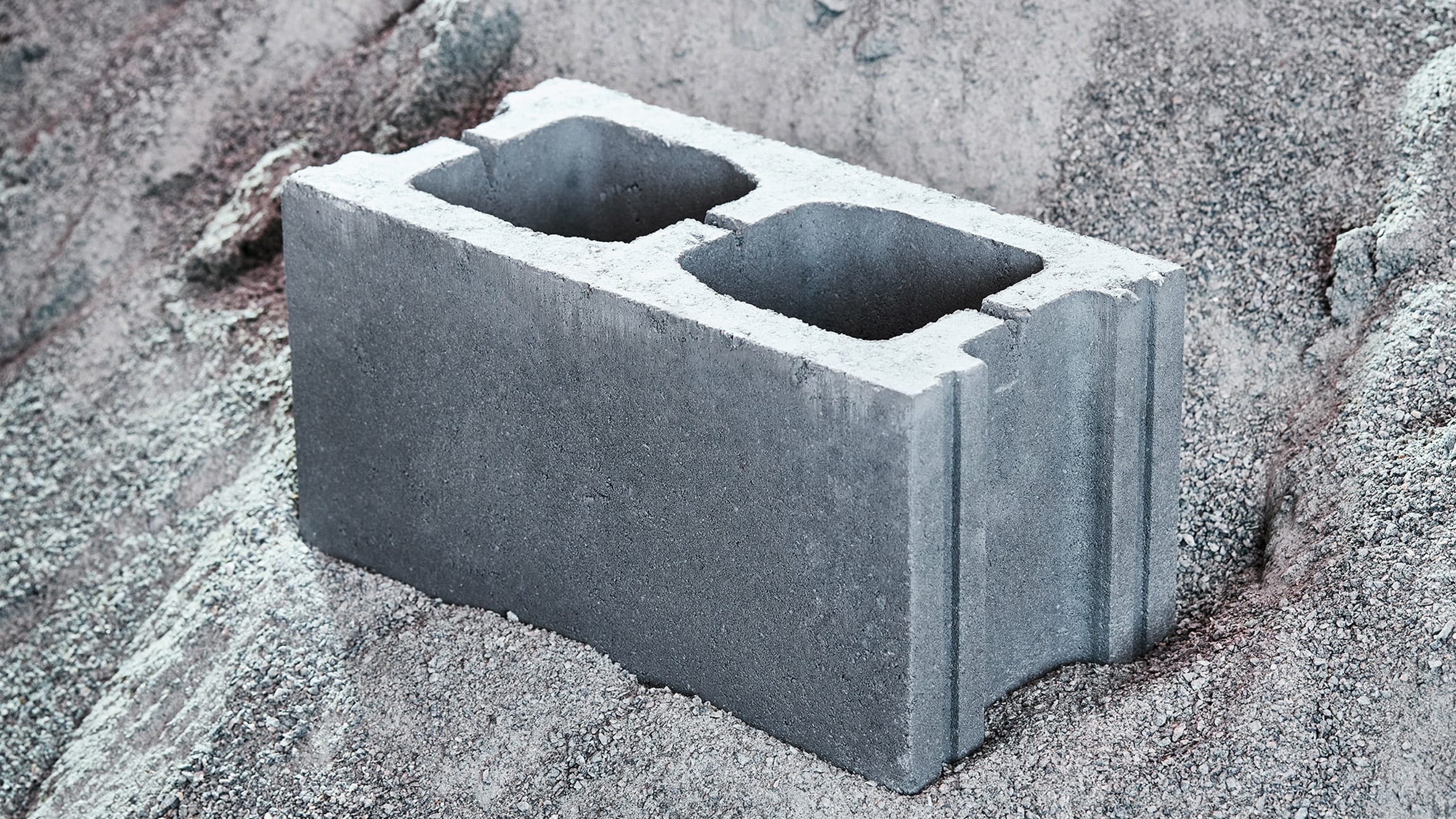Experienced Concrete Specialists: Relied On for High Quality and Performance
Unveiling the Eco-Friendly Advantages of Using Recycled Concrete in Sustainable Building Practices
In the realm of lasting building techniques, the application of recycled concrete stands as an essential yet frequently underestimated resource. Past its traditional applications, recycled concrete deals a myriad of eco-friendly benefits that prolong far past the confines of typical building products.
Environmental Advantages
By incorporating recycled concrete into construction techniques, there is a significant reduction in the need for new raw products, leading to conservation of all-natural sources. Furthermore, the use of recycled concrete lessens the amount of waste being sent out to garbage dumps, consequently lowering environmental air pollution and minimizing the pressure on landfill abilities (Concrete).

Moreover, the manufacturing of standard concrete is a substantial resource of carbon discharges due to the energy-intensive process of concrete production. In comparison, recycled concrete has a reduced carbon footprint as it reduces the need for brand-new concrete production. This reduction in carbon exhausts adds to mitigating climate modification and supports lasting building and construction methods. On the whole, the ecological advantages of using recycled concrete are significant and play a crucial duty in advertising environment-friendly building methods.
Cost-Efficiency
Attaining cost-efficiency is a critical consideration when examining the application of recycled concrete in construction projects. One of the essential benefits of making use of recycled concrete is its cost-effectiveness contrasted to conventional concrete.
Additionally, making use of recycled concrete can result in financial savings in landfill expenses by drawing away concrete waste from disposal websites. This not just lowers the environmental impact however likewise gets rid of the expenses connected with waste removal. Moreover, the durability and performance of recycled concrete are similar to traditional concrete, guaranteeing that expense savings do not jeopardize the quality of the construction.
Resilience and Strength
Considering the considerable cost-efficiency advantages of utilizing recycled concrete, it is necessary to examine its resilience and strength in building and construction applications. Recycled concrete deals equivalent, if not exceptional, durability and toughness homes to conventional concrete. Through innovations in handling techniques and quality assurance, recycled concrete can satisfy or exceed the efficiency requirements of conventional concrete. The process of reusing concrete entails squashing, sorting, and screening old concrete to generate aggregates that can be utilized in new building and construction jobs. These recycled aggregates are qualified of offering adequate compressive toughness, toughness, and long-term performance.

Waste Decrease
Reliable waste reduction practices play an essential function in the lasting hop over to these guys utilization of resources within the building sector. Waste decrease is an essential advantage that adds significantly to environmental preservation when it comes to making use of recycled concrete. Conventional building approaches frequently produce significant amounts of waste, specifically in the form of concrete debris from demolition websites. By integrating recycled concrete into construction jobs, this waste is repurposed and diverted from landfills, decreasing the overall environmental impact of construction activities.
Recycled concrete not just helps in lessening the quantity of waste that winds up in landfills yet additionally conserves natural deposits by lowering the need for new aggregate products. This procedure of waste decrease advertises a circular economic climate within the building and construction field, where materials are reused and recycled to produce an extra sustainable sector. Additionally, using recycled concrete can lead to set you back savings for construction tasks, as it is usually a lot more inexpensive than sourcing and transporting brand-new materials. Finally, waste decrease through the application of recycled concrete is a crucial component of lasting construction techniques that profits both the atmosphere and the building and construction industry as a whole.
Energy Conservation
When it comes to making use of recycled concrete in building and construction, substantial energy cost savings are achieved compared to typical concrete production. The process of producing recycled concrete involves reusing and squashing existing concrete products, which takes in less power than mining, processing, and delivering raw products for brand-new concrete manufacturing.
Conclusion
In conclusion, the application of recycled concrete in lasting construction techniques uses numerous environmental benefits, cost-efficiency, sturdiness, toughness, waste decrease, and energy conservation. By incorporating recycled concrete into building and construction projects, we can contribute to an extra sustainable and eco pleasant future. It is crucial for the building industry to prioritize the use of recycled products to help in reducing the ecological impact of building tasks.
One of the crucial advantages of making use of go now recycled concrete is its cost-effectiveness her response compared to typical concrete.Furthermore, the usage of recycled concrete can lead to cost savings in landfill expenses by drawing away concrete waste from disposal sites. The toughness and performance of recycled concrete are equivalent to traditional concrete, ensuring that expense financial savings do not compromise the high quality of the construction.
